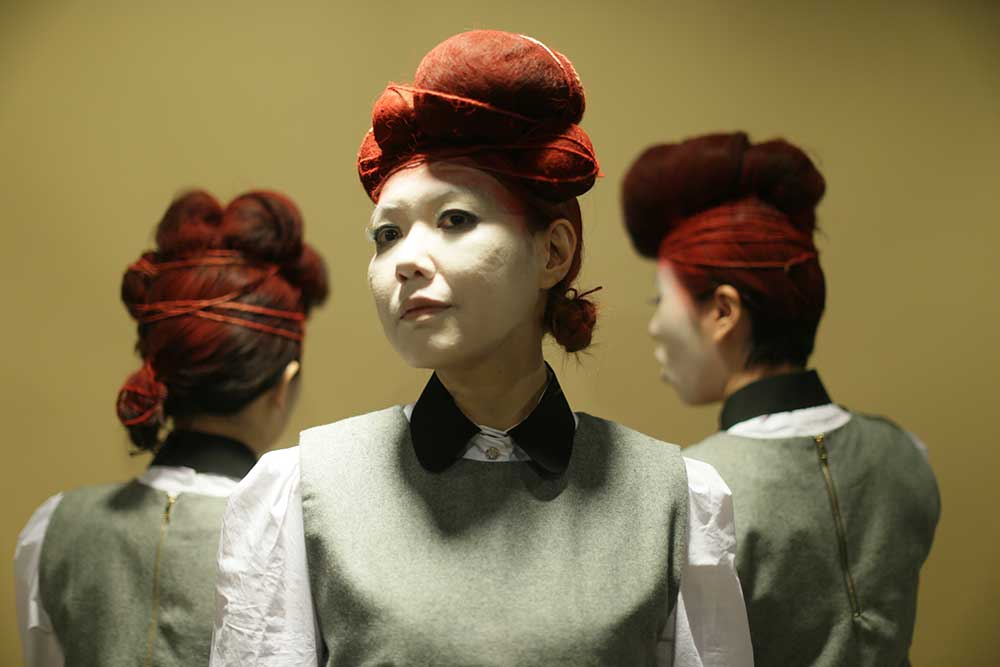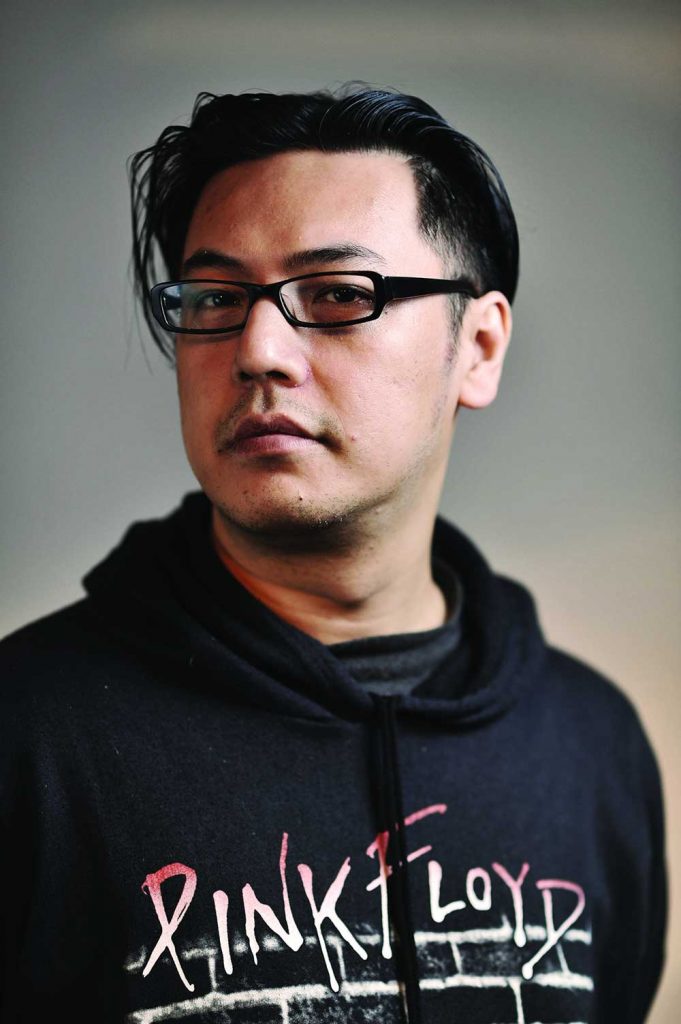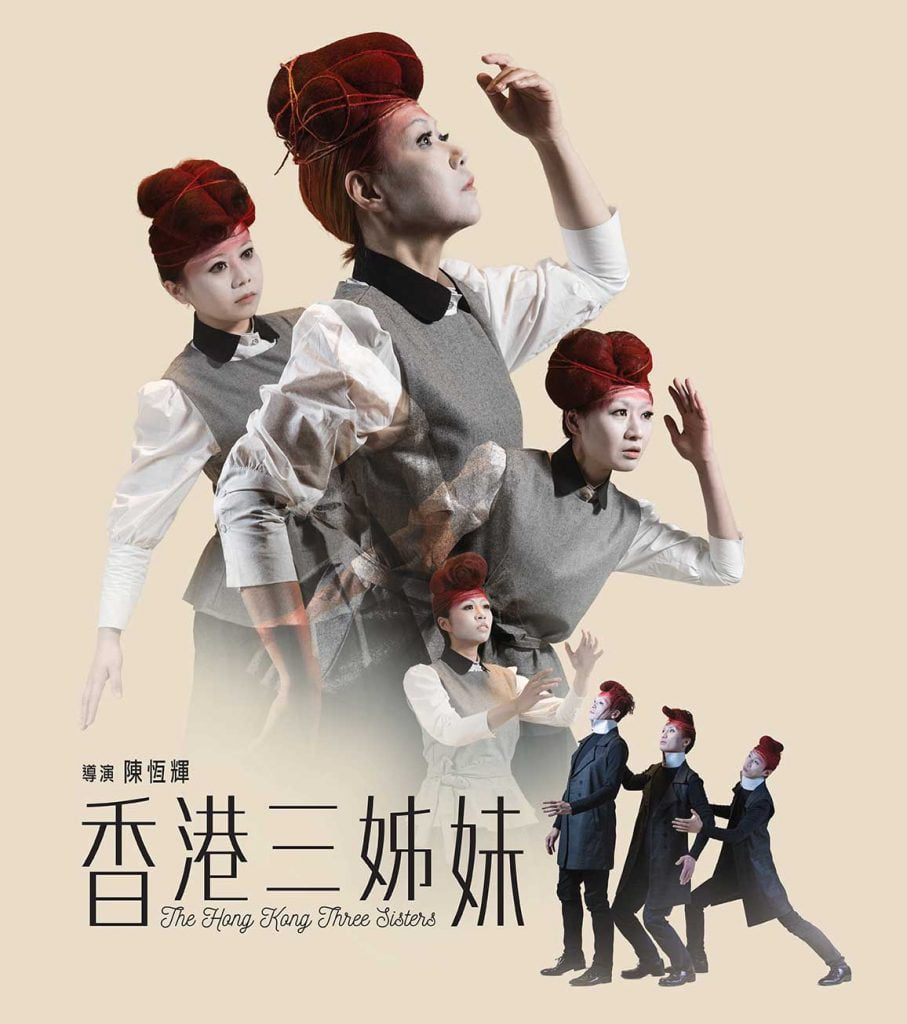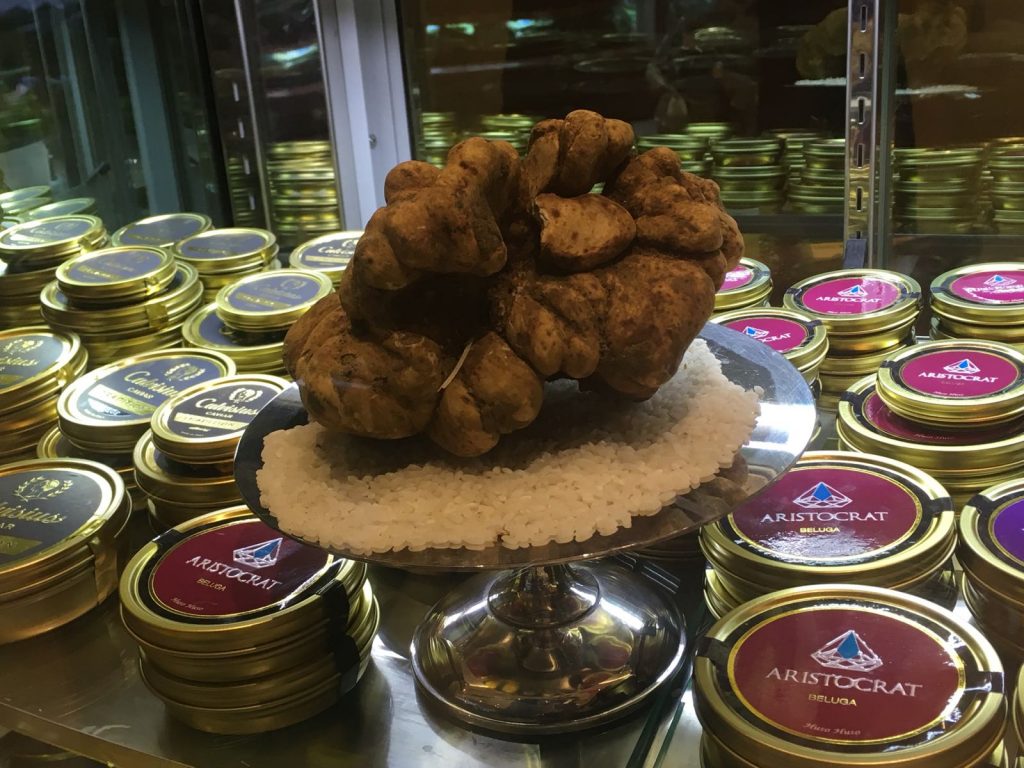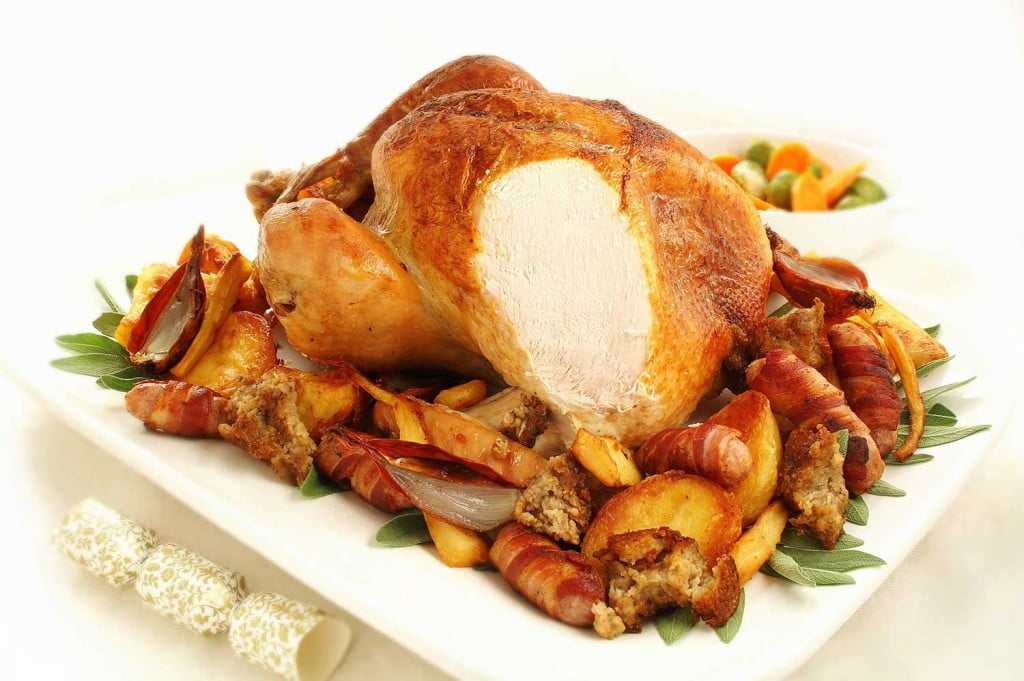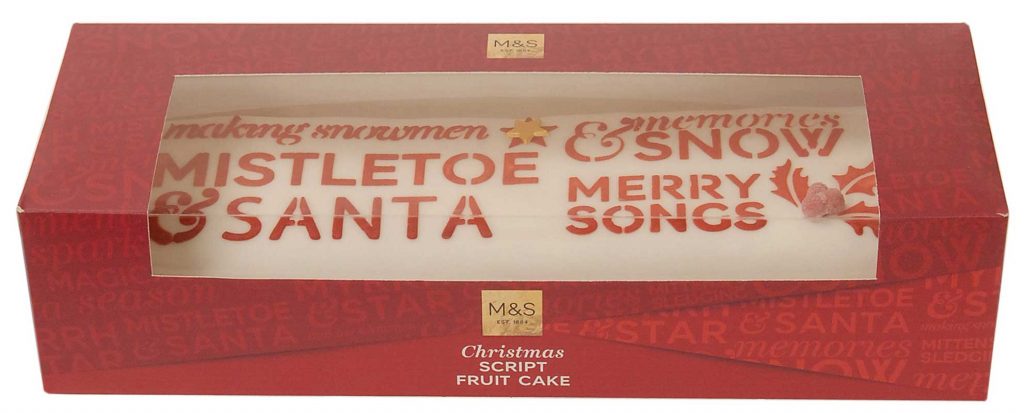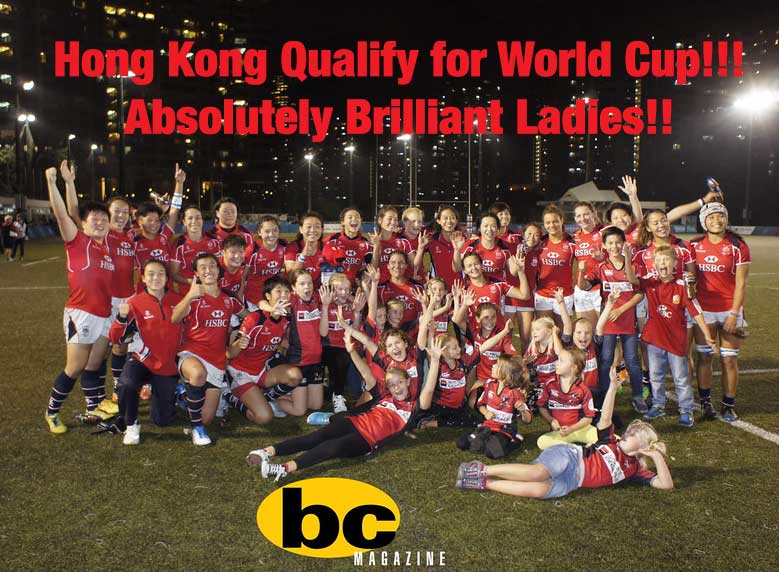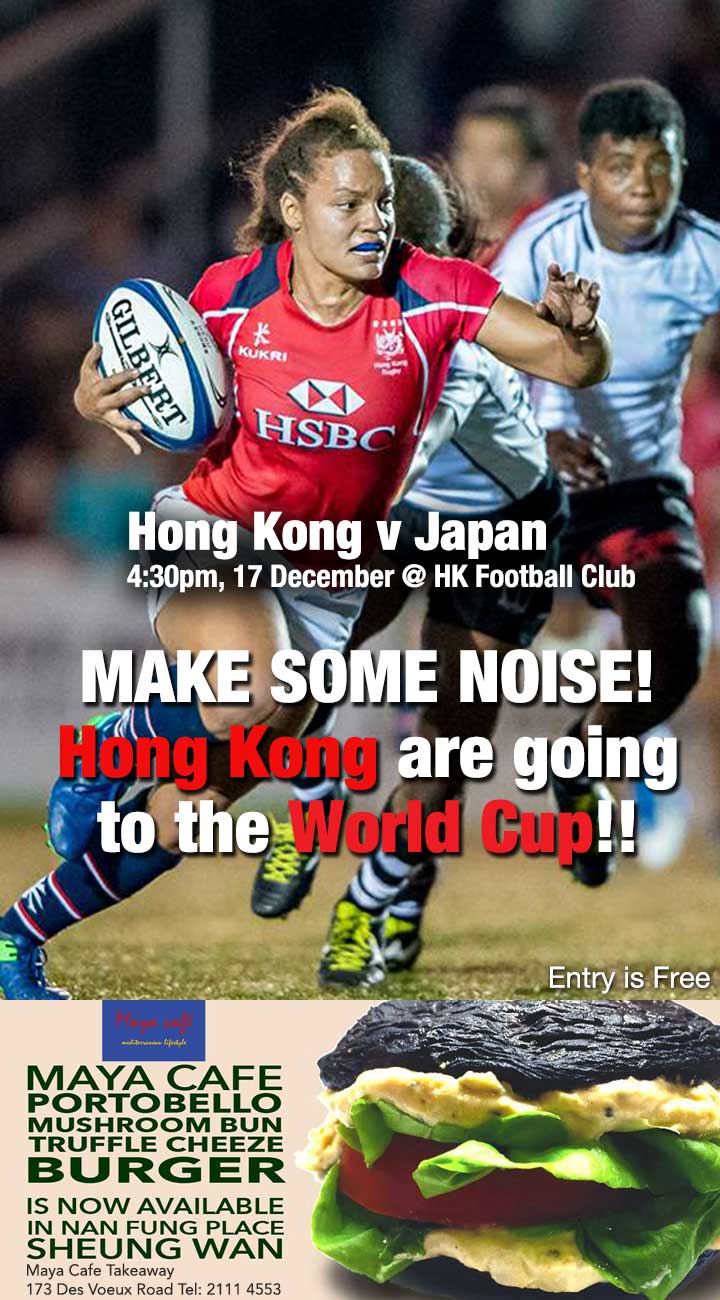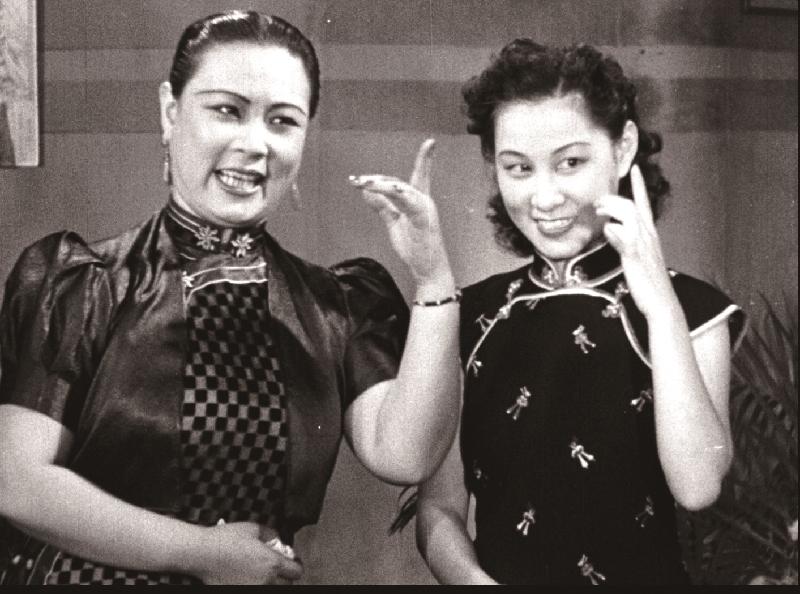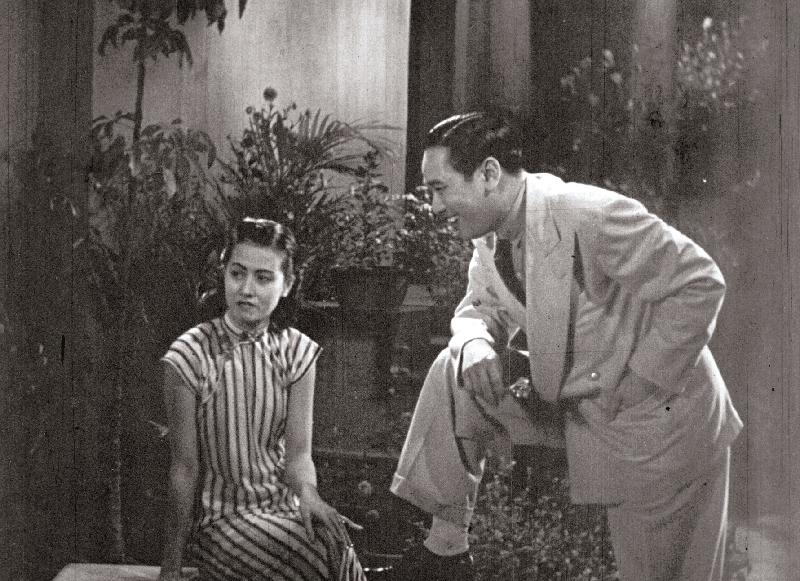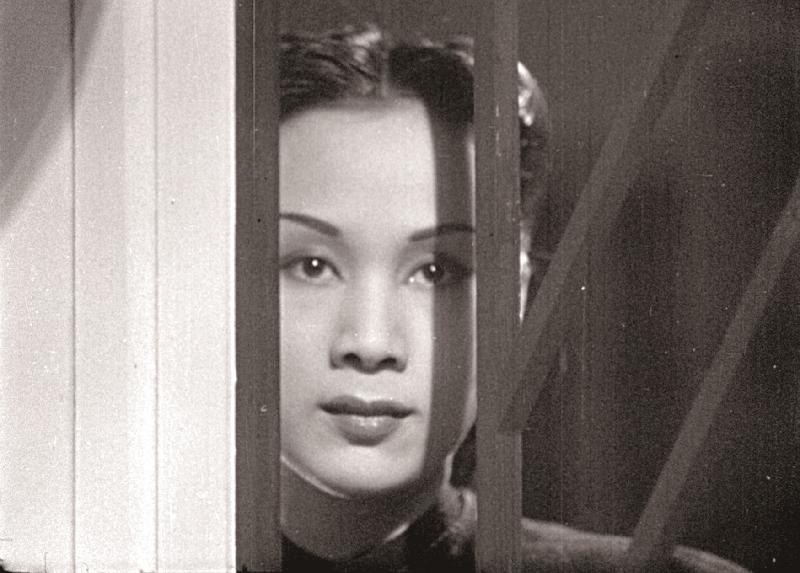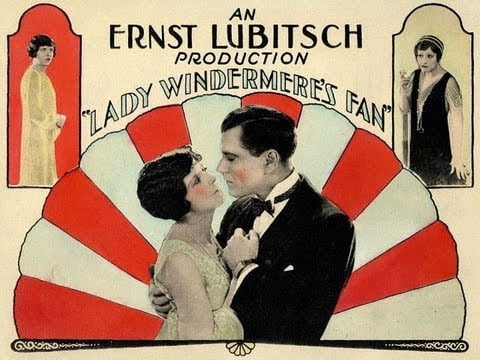The emptiness of Hong Kong people’s life will go naked in Alice Theatre Laboratory’s anatomy of Chekhov’s The Three Sisters. The Hong Kong Three Sisters is a highly localised fusion of Hong Kong and the essence of the classic Russian play.
Adapted by Director Andrew Chan who commented “There is a glimpse of hope shown in Chekhov’s characters’ minds. In contrast, our life in Hong Kong has lost its balance in recent years, there is a lack of direction within the region and the things people used to strive for are realistically now beyond them.”
“Modern Hong Kong is the backdrop to this creative interpretation” continued Chan, “Chekhov captured the average Russian’s lifestyle a century ago.” Seasoned by minimalism, The Hong Kong Three Sisters is ‘molecular gastronomic dish’, which is the sublimation of Chekhov’s ideas in a post-modern presentation devised by Chan or as he puts it “A “molecular” presentation that aims to reveal the status quo of the Hong Kong people today.”
Ahead of it’s World Premiere in January bc magazine spoke to Director Andrew Chan and actress Chan Shui Yu (Olga/Alice) about the new minimalist production.
Director Andrew Chan
Why did you choose a minimalist approach to the play?
From time to time, there is discussion among directors in Hong Kong about using a bare stage or very few props. They are regarded as minimalists. I have been wondering whether this artistic approach, which originated in the 60s and 70s, is that simple. German architect Ludwig Miles van der Rohe says, “Less is more.” I have been thinking over how much means “less” and how much means “more”. I like learning new ideas and believe the world of knowledge has no borders. That is why I take every project or performance as a learning opportunity, which lets me wander on a theatrical journey among different artistic forms and styles. This journey is an expedition in the realm of “minimalism”.
What attracted you to Chekov’s The Three Sisters?
“Minimalism is Talent’s sister.” This is what Russian novelist and playwright Anton Chekhov once said. Owing to this quotation, I linked minimalism with his works and read them again. In terms of conciseness, his novellas are the best. In his condensed writings, the ordinary, vulgar and deplorable life in the Tsardom of Russia is vividly revealed. Each story is a picture illustrating the joy and sorrow of life.
My favourite Chekhov’s play is actually The Seagull. Yet, The Three Sisters touches me more deeply. Irina’s line “Moscow! Moscow! Moscow!” reminds me of the current situation in Hong Kong. The Three Sisters is a story before the October Revolution when people are facing the fall of the Empire and expecting the arrival of a new era.
They are like waiting in the dark before dawn and braving the great change with an anonymous pain in the heart. Aren’t we, Hong Kong people who are nostalgic for the “good old days”, facing various difficulties and braving the unforeseeable tomorrow? More than a century ago, the Russian three sisters could dream of Moscow, but now what can we dream of? Where can we go?
How Did The Hong Kong Three Sisters Evolve?
In the process of rehearsal, new ideas emerged and the play has evolved and branched out into the life of Hong Kong stage actors after they take their costumes off. There are a property agent, a podcast anchor of a conspiracy forum, an assistant professor of the Medicine Faculty, a tour guide and a spiritual counselor who are meeting different Hong Kong people with different problems. Their stories are actually like novellas which resemble the works by the contemporary American novelist Raymond Carver, who is known as “the American Chekhov”. Without redundant structure, his concise language leads readers to the core of the story directly and lets them experience the tension of the conflict that elicits no background nor ending. Only the selected part of the story is told. On our stage, there will be a few scenes like Carver’s novellas, illustrating no pretext nor resolution, but the very moment.
What Makes The Hong Kong Three Sisters Unique?
What makes The Hong Kong Three Sisters different from our previous productions is the way it lets you “escape” from reality but makes you “face” the reality. It is also dealing with complicated issues in a minimalist form.
Chan Shui Yu
What Attracts You to The Three Sisters
As a graduate from HKAPA, I am excited about the opportunity to perform classical plays, let alone the challenge of adapting a masterpiece, such as Chekhov’s The Three Sisters. From character analysis to adaptation, it has been a beautiful and pleasant journey. Like our previous performances, which were created by ensemble effort, this production is telling stories in a unique, organic and realistic way.
What parallels do you see between the play and Hong Kong today?
It was touching to read the script of Chekhov’s The Three Sisters as the story illustrates exactly Hong Kong’s environment and situation today. Even if we are proud of the good old days, we still need to carry on with best wishes. We believe the best is yet to come and our effort today will pay in the future and pave the way for our next generation.
Do you think that women today in Hong Kong face the same problems as those in Chekov’s time?
Chekhov’s works are universal. It seems women enjoy more freedom nowadays but still the women today are facing the same issues related to family, marriage, love and work like the women in the old days. We find the women today as strong and determined as the ones in The Three Sisters.
Chekhov’s works mainly deal with the social issues in Russia in the late 19th century, including the rise of businessmen, the fall of landlords and the social status before the October Revolution. In the meantime, his works also reveal the absurdity of the world today, the anxiety of our current life and the collapse of the old values. However, there is always hope in his works and the characters project an optimistic sense. His characters are stranded in the midst of joy and sorrow but still carry on bravely.
Through the play Chekov presents various opinions about what it is to live a good life. What do you think living a good life for a HK woman looks like today?
We would also like to find out the answer. Olga says in Act 4, “If only we knew, if only we knew!” But it is certain that we are all positive.
Character List
Olga/Alice – Chan Shui Yu
Vershinin/Kwong – Chau Ka Fai
Andrei/August – Leung Chi Chung Eric
Tuzenbach/Damon – Lai Ho Yin Desmond
Masha/Sue – Fung Siu Shan Phoebe
Natasha/Hilda – Yuen Wai Ying Grace
Irina/Kitty – Chan Hui Yan Candy
Director: Chan Hang Fai Andrew
Playwright: Anton Chekhov/Devised by Alice Theatre Laboratory
The Hong Kong Three Sisters
Alice Theatre Laboratory
When: 6-8 January, 2017
Where: HK Cultural Centre, Studio Theatre
How much: $200, $160 from Urbtix
More info:
Cantonese drama with Chinese and English surtitles
6–7 Jan, 2017 – 8pm
7–8 Jan, 2017 – 3pm

